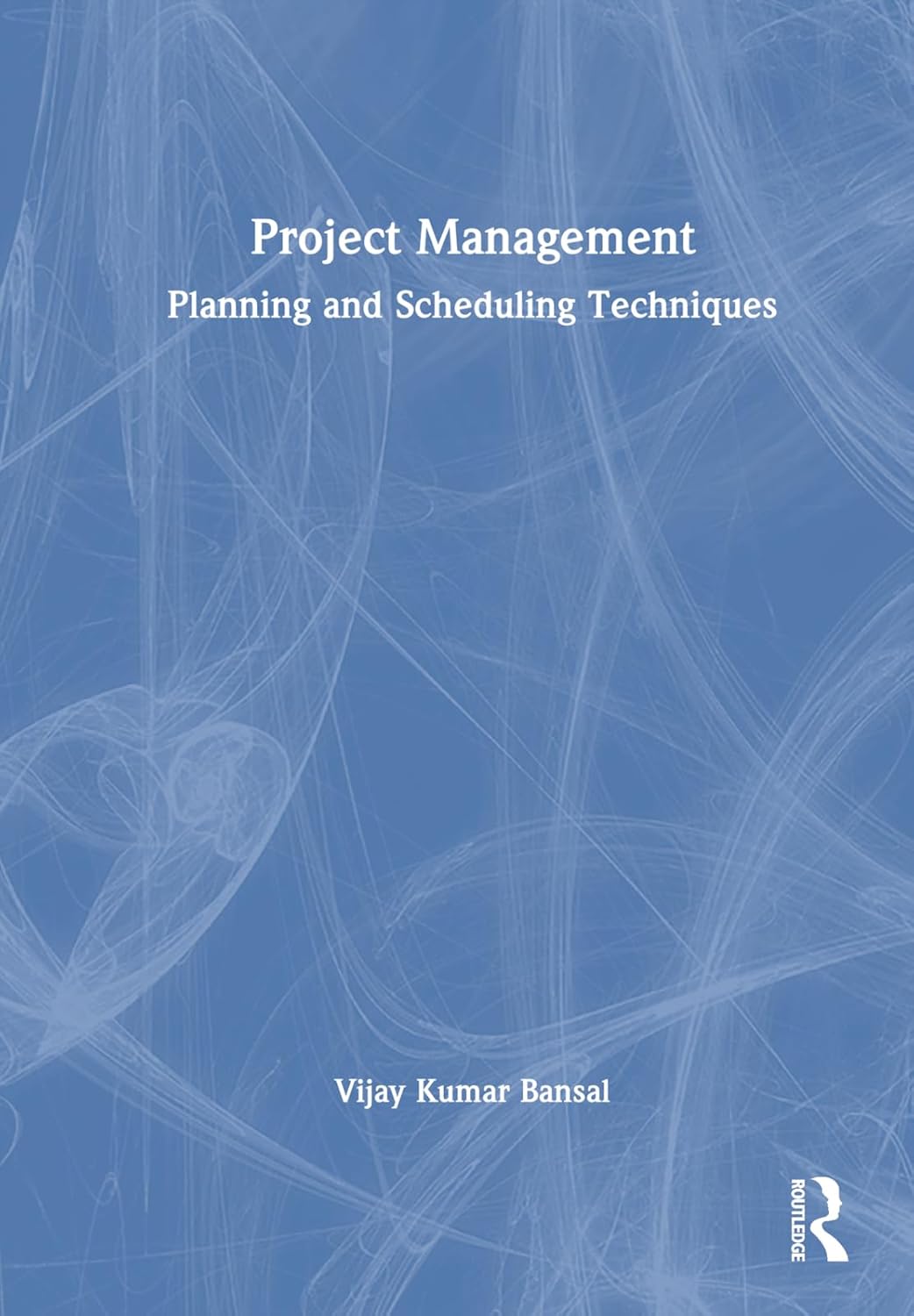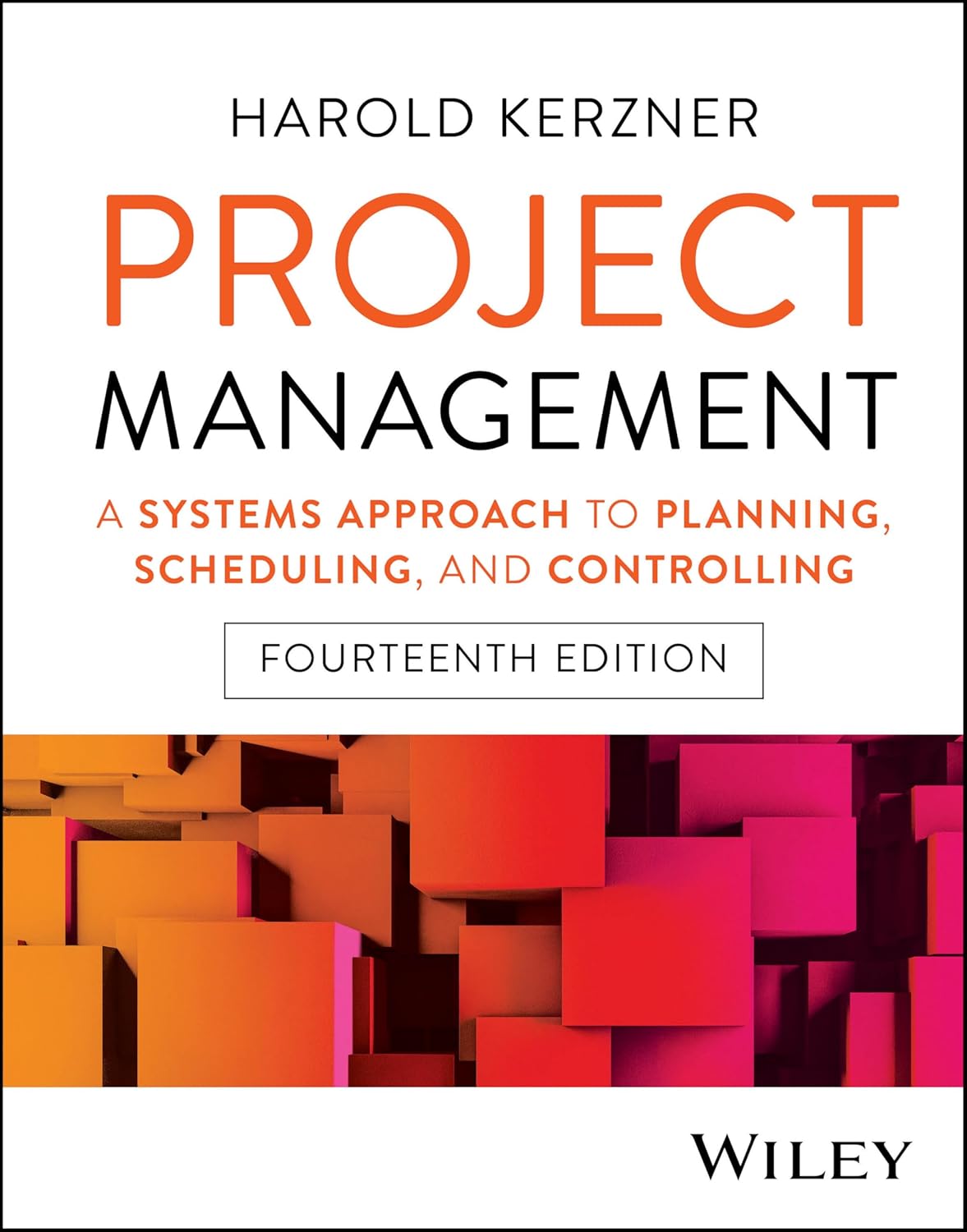
Forward Pass
What is Forward Pass?
The forward pass is a scheduling technique used in project management to calculate the earliest possible start and finish dates for each activity in a project. This method helps determine the project’s minimum duration by working through the schedule from the beginning to the end. Project teams commonly use it in critical path analysis, assessing task sequences and dependencies to avoid delays and ensure efficient resource allocation.
The process begins at the project’s start date and moves forward through the network diagram. At each step, the forward pass calculates the earliest time an activity can start and end based on the duration of preceding tasks. This technique ensures consideration of all time-based constraints, making it easier to identify the earliest timeline for the entire project.
Key Points
- Calculates the earliest start (ES) and earliest finish (EF) for each task
- Uses task durations and dependencies to map out the project timeline
- It helps identify the critical path, which is the sequence of tasks that directly affect the project’s completion time
- It does not factor in delays or float; it focuses solely on the earliest possible timing
- Forms the foundation for other scheduling techniques like the backward pass and float analysis
Related Terms
- Critical path is the sequence of tasks that determines the shortest project completion time.
- Backward pass works opposite to the forward pass to calculate the latest start and finish times.
- Float is the time a task can be delayed without affecting the project end date, calculated using both forward and backward pass data.
- Project schedule is a detailed timeline incorporating the forward pass to determine when each task should begin and end.
- Network diagram visually represents task sequences and performs forward pass calculations.
Forward Pass: Example
A construction project includes three tasks: site preparation (2 days), foundation work (4 days), and framing (5 days). Site preparation is the first activity, followed by foundation work and then framing. Using a forward pass, the project manager calculates that the earliest the project can finish is 11 days after the start. The end of each previous task dictates each task’s start and finish dates.
Forward Pass: Best Practices
- Calculations should always begin at the project’s official start date.
- Use a detailed network diagram to clarify task dependencies.
- Double-check durations and dependencies to ensure accuracy.
- Combine with a backward pass to fully understand time constraints and float.
- Regularly update the schedule to reflect changes in task progress or scope.
Additional Resources
Preparing for a PMI certification?
- Exam Prep Courses: PMP®, CAPM®, and PMI-ACP®
- Exam Simulators: PMP®, CAPM®, PMI-ACP®, PMI-PBA®, PMI-RMP®, PMI-SP®, PgMP®, and PfMP®
- Professional Development Units (PDUs): 15, 30, and 60 PDU Bundles




